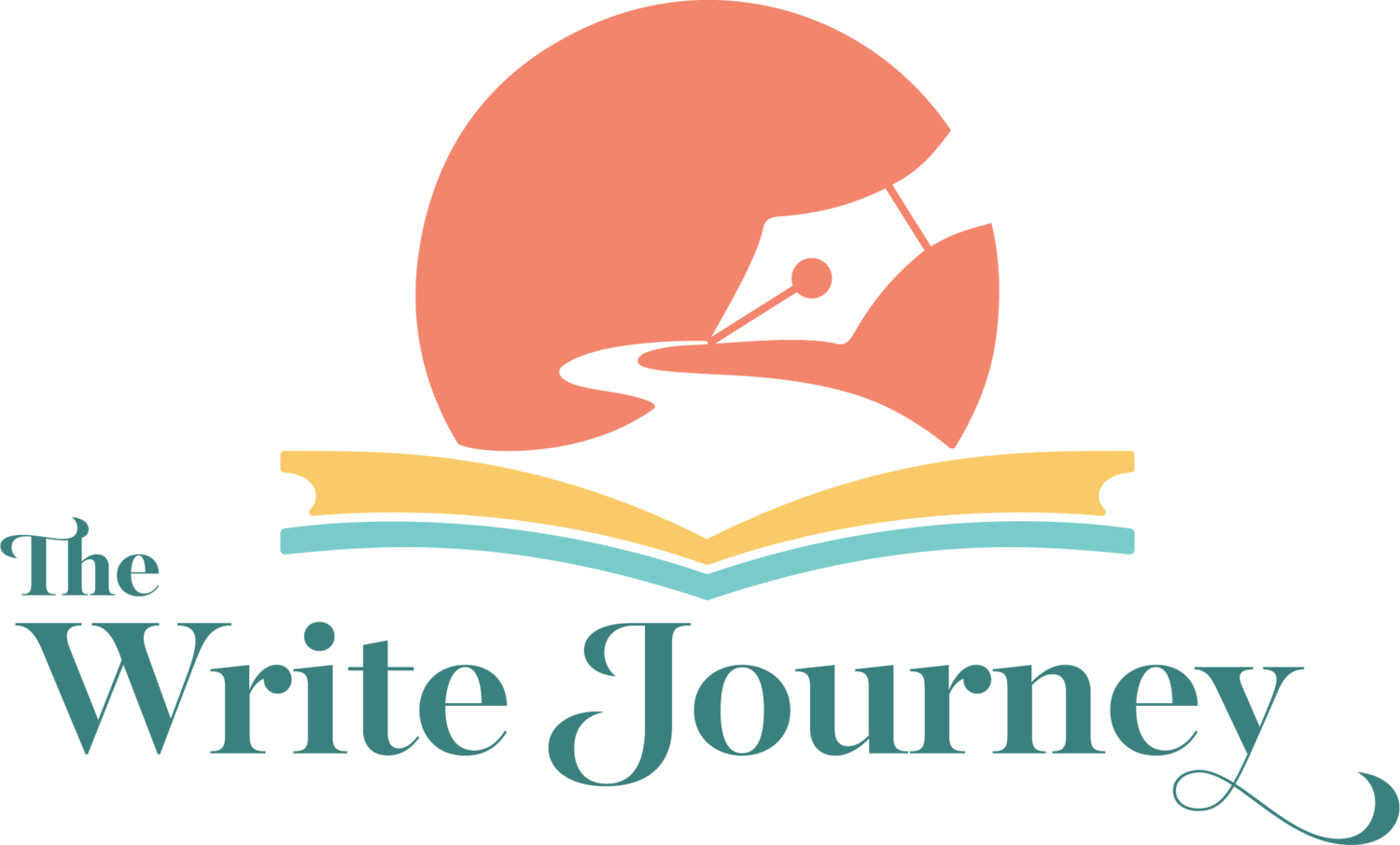CALENDAR OF EVENTS FOR THE SCHOOL YEAR 2021-2022
Classes:
NOTE: All class with a date of “Week of” indicates that the specific day of class is yet TBD. Classes will begin during the stated week, but the specific day of the week that the class will meet is still to be determined.
Aug 30-Sept 3 - All Literature-based classes begin this week. (Lit-based classes include: Pre-K/K, First Writers, Intro to Writing, Beginning Writing, Intermediate Writing, Advanced Writing, College Prep, and Adult Certification classes, plus Basic Writing Level 4)
Sept 1st Basic Writing Level 1 (4 weeks)
Oct 5th- Basic Writing Level 1 (4 weeks) Oct 6th- Basic Writing Level 2 (4 weeks)
Nov 2nd- Basic Writing Level 2: 11/2, 11/9, 11/16, no class Nov 23, 11/30
Nov 3rd- Basic Writing Level 3: 11/3, 11/10, 11/17, no class Nov 24, 12/1.
Nov 12, registration opens for spring semester
Week of Nov 15-19 Last week of Fall semester Lit-based classes (Presentation Week!)
Jan 17-21- First week of spring semester classes
Week of Feb 1-5 Basic Writing Level 1 (4 weeks)
Week of Mar 1-5 Basic Writing Level 1 (4 weeks)
Week of Mar 1-5 Basic Writing Level 2 (4 weeks)
Week of Mar 28-Apr 1 Basic Writing Level 2: (4 weeks) Week of Mar 28-Apr 1 Basic Writing Level 3: (4 weeks)
Week of April 25-29 Basic Writing Level 3: (4 weeks) Week of April 4-8 Last week of Spring classes
Week of April 11- 15 NO CLASSES Week of April 18-22 (5 weeks) Spring Break Enrichment classes begin
Week of May 16-20 Final week of enrichment classes





